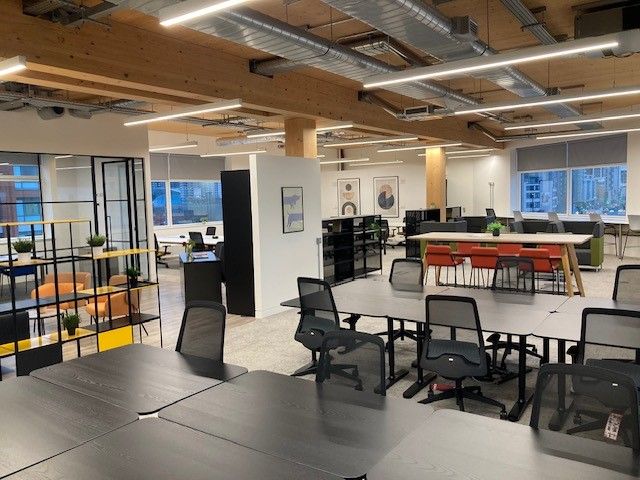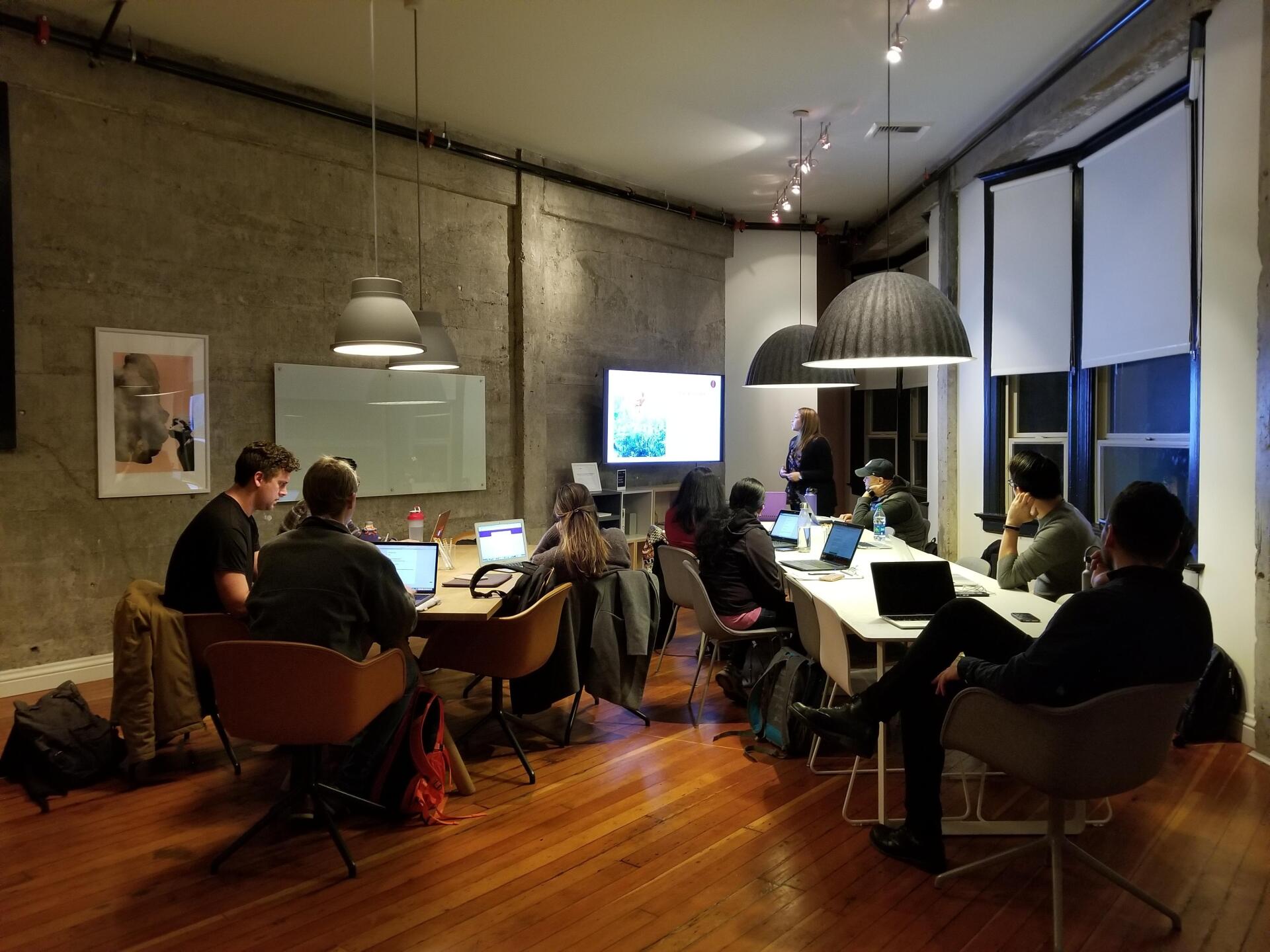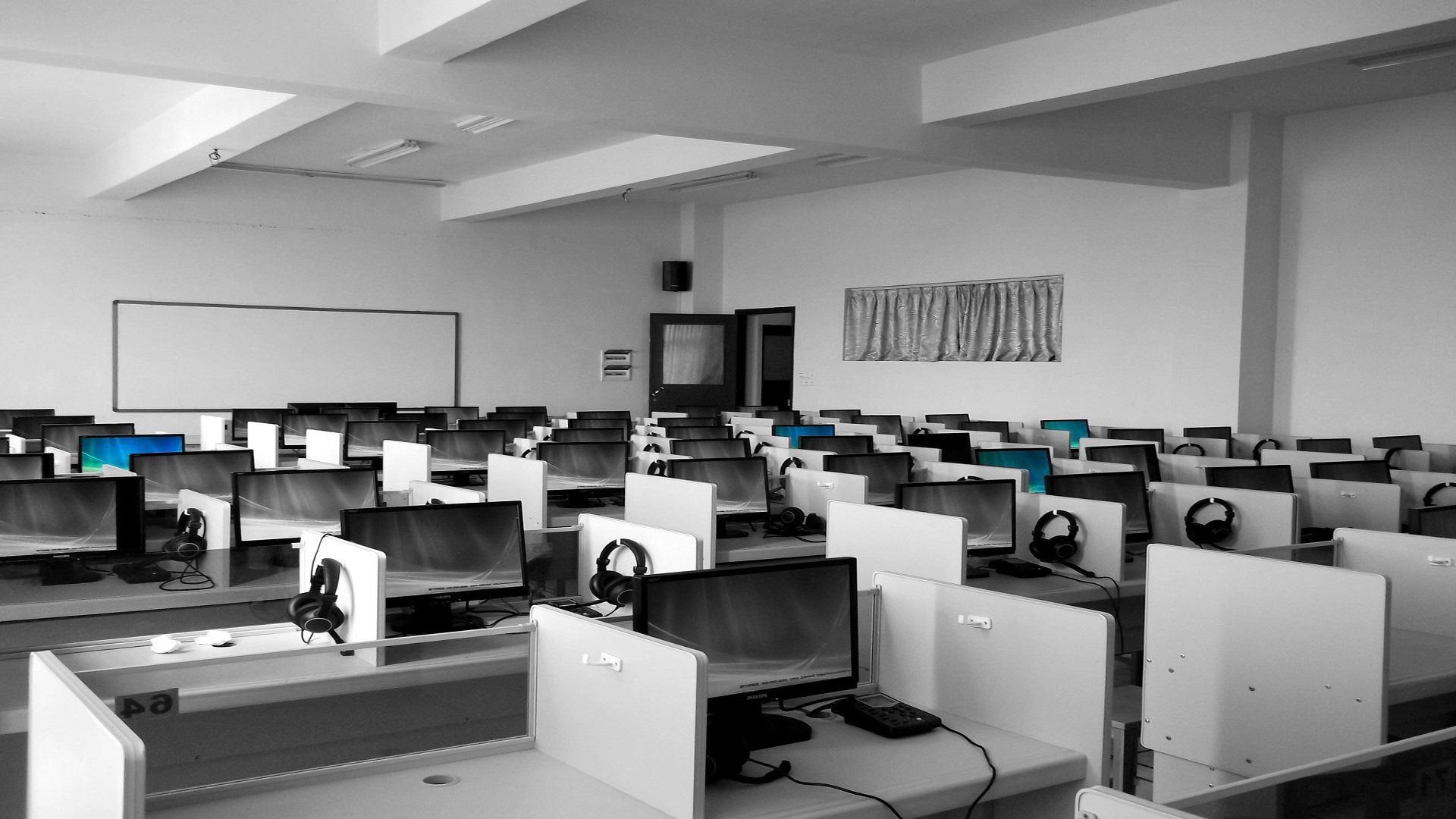Is your office worth the commute?
Employers...
How can you demonstrate that the commute is really worth the time wasted travelling?

Working from home has now been widely accepted in society as the norm, with many people now choosing who they work for based on there flexible working polices. The convenance of rolling out of bed into the home office, not having to rush about dropping the kids to school and avoiding travelling in all weathers, are just some of the compelling factors of flexible working. For most, a decent IT connection and a reliable laptop enables you to work effortlessly in the home office or even on the dinning room table.
If employees value the benefits of flexible working it will be very difficult to re-enforced a FT office policy. Employers who have mandated it do so if its business critical or operationally necessary.
So how do make an office compelling? In short, you need to prove it is better than working at home!
Evaluating your workspace
If you're a employer struggling to articulate the benefits of working from the office, then you need to consider the physical office offering and holistic benefits of getting everyone in every or most days.
So what should you consider when evaluating your workspace offering?
- Service and Standards, Is your office space quality and run by contentious professionals
- Amenities & Facilities, Does it offer phone booths, focus areas, a gym, meeting rooms, break out spaces, bike racks, showers etc...
- Connectivity, Does your supplier offer a robust WIFI and secure IT connection
- F&B, Can staff access a decent Tea or Coffee and a well stocked fridge or café onsite
- Location, Is parking easy or within a 5min walk from a train or bus stop
- Workspace, Do you have enough quite work areas, Zoom booths and desks to accommodate everyone or use desk booking app.
- The Local Area, Are there places nearby to socialise, meet colleagues and clients
How can you promote the benefits of physically attending the office?
- Collaboration, is good for both the business and personal development
- Improved Opportunities, being closer to the business can often lead to more career development
- L&D, holding onsite training is typically more interactive and productive when face to face
- Wellbeing and Mental Health, for some a commute might be the only exercise they get and seeing colleagues before, during and after the working day can be positive for mental wellbeing
- Building company Culture, by working fact to face in a collaborative manner can help foster a positive company culture
So, before you make an internal decision to 'mandate' a return to the office request, you might want to review all these factors and consult with your workforce on exactly what matters most to them.















